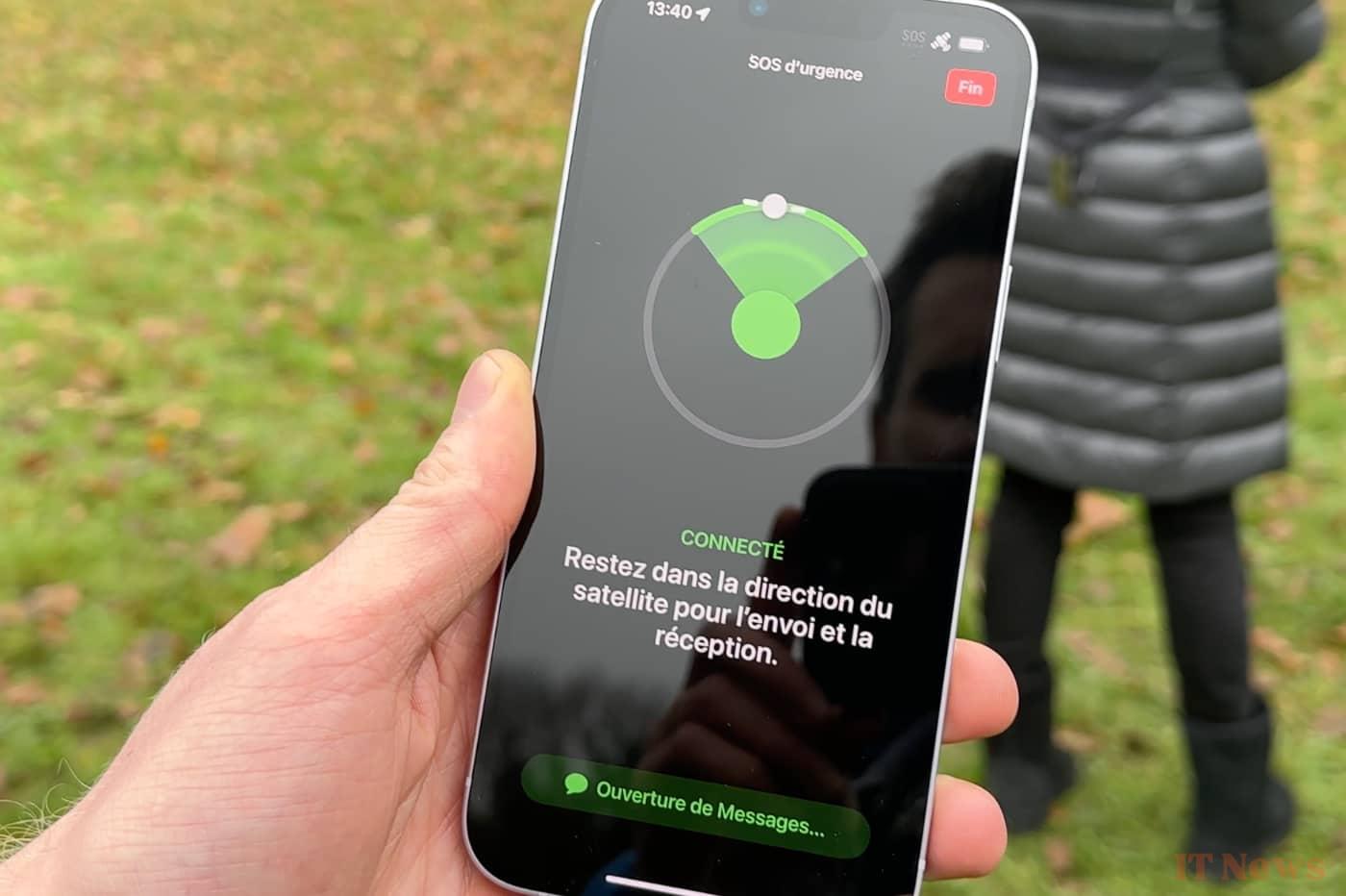Apple launched a satellite SOS calling service in 2022 that allows emergency services to be contacted in areas without access to a cellular network. The manufacturer relies on the coverage of Globalstar, a company in which the Apple company has invested heavily ($1 billion) to ensure the service works properly.
SpaceX wants to curb Apple's ambitions in space
For its part, Starlink has begun the deployment of its satellite phone service with the American operator T-Mobile, and elsewhere in the world. The SpaceX subsidiary also worked with Apple to integrate this function into iPhones.
The problem is that the two companies — Apple and SpaceX — are now fighting to obtain the maximum of a limited resource, radio frequencies. The Wall Street Journal reports a maneuver by Elon Musk's group to block a project to expand Globalstar's satellite fleet with the FCC, the American communications regulator.
For these new satellites to be fully operational, they must use a specific frequency band — a segment of the radio spectrum, a scarce and regulated resource. SpaceX has filed a petition with the FCC requesting the rejection of Globalstar's request, claiming that the coveted frequencies are underutilized and that their exclusive allocation to Apple/Globalstar would pose a problem for overall spectrum efficiency.
This pressure from SpaceX aims to slow down, or even prevent, the deployment of the new generation of satellites financed by Apple. The context is hardly favorable in this area for the computer manufacturer, knowing that Elon Musk is obviously in the good books of the Trump administration. All these people need each other: Globalstar sends its satellites with SpaceX, Starlink needs iPhones to launch its satellite telephony system... The standoff is therefore only just beginning.
Source: WSJ



0 Comments